
By Amos SAFO
With just nine months into his second four-year tenure, President John Mahama’a government appears to be speedily undermining freedom of expression and forcefully imposing the culture of silence on Ghanaians.
Many Ghanaians who lived under the various military regimes have an idea of what the culture of silence means and dread a return to the dark days when freedom of expression was criminalized.
Over the last few months several social media activists have been arrested by the police for what they described as posting hate speech and cyberbullying on social media. On August 18, 2025, the Police arrested and detained a young blogger popularly called “Fante Comedy” for facilitating the alleged publication of hate speech against President Mahama and his wife.
Fante Comedy uses parody and political satires to comment on trending issues across the country. Most of his comments are often related to abuse of power, poor service delivery and government’s omissions and commission.
Another blogger identified as Yayra Abiwu, aka “Akosua Jollof,” was detained for the same offence of allegedly publishing a video on social media which threatened to kill President Mahama and behead his wife, Lordina Mahama. Moreover, another blogger popularly called Abronye was arrested on September 8, 2025, on charges of offensive conduct that contributed to a breach of public peace. According to police, his arrest followed comments he made against the Inspector General of Police, Christian Tetteh Yohonu.
In a more recent case, on September 17, a TikToker, called David Kwodow Prah Afful with a social media name “Kwame Nkrumah II” was jailed for seven months. He was found guilty of threatening on social media to kill President John Mahama, Members of Parliament, and other government officials.
Targeting opposition
One common trend of the arrest and detention is that the victims are all sympathizers of the opposition New Patriotic Party (NPP). The harassment of citizen journalists and bloggers who are critical of the government has drawn national condemnation, amid fears of the government’s overt plans to impose a culture of silence on the country.
“Insulting the president may be morally wrong, but it cannot be described as an offence in Ghana’s jurisprudence, which demands action by law enforcement agencies”, says Kwesi Botchey (Jnr), a legal practitioner.
Perhaps, the perceived targeting of opposition supporters culminated to a demonstration on September 22, 2025. The demonstrators voiced their concerns against the creeping return to the days of culture of silence, illegal mining and the emergence of a “police state.” The demonstrators demanded their rights to freedom of speech as a democratic right.
Meeting with journalists
Earlier on September 10, 2025, President Mahama held a question-and-answer session with a select group of journalists. The highlight of the meeting was his demand for stricter regulation of social media due to what he described as “a rise in inciteful and violent online content.” The President highlighted the challenges posed by the shift from traditional journalism to social media platforms like TikTok, Facebook, X, and WhatsApp.
“The last time the GJA came to me, I mentioned to them that as the world changes and new technologies come, we are moving to not just having the traditional media to the new media. President Mahama’s concerns bordered on the transition of journalist from the confines of mainstream media with institutional recognition to citizen journalists and bloggers with no institutional affiliations.
He rightly observed that a new crop journalism has gained roots because anybody with a phone and camera can report news or comment on national issues. “Now the point is who holds those people responsible?”, Mahama asked. He cited recent incendiary posts linked to the Bawku conflict as examples of how unregulated content can fuel hatred and violence. “This is the dilemma that is facing contemporary journalism, as the new media revolution unfolds”, he noted.
“So, I’m sending a signal to Ghanaians that we can find you, you those doing hate speech and things, we’ll use your IP numbers, we’ll trace you and deal with you under the criminal law for inciting violence.” But I think that beyond that we must start making regulation for this new media; because it is unregulated everybody takes a phone and says anything,” he emphasized. This is the clearest indication of the government’s plans to criminalize social media activism.
Unregulated sharing
As a journalist and media ethicist, I am equally worried about what appears to be unregulated and uncontrolled behaviour on the digital sphere. There are too much vulgarity, fake news and disregard for our social norms on the new media. This is depicted by young men and women insulting our kings and chiefs without remorse. People post videos and photos based on the notion of their right to communicate with others. However, many videos shared on social media often offend the morality of those who receive them unsolicited. The challenge is how our media authorities can restrict videos with bad content.
Much as the new media have become a powerful tool for everybody to communicate outside the boundaries of mainstream media and the gate keeping process of traditional journalism, it is evident that there is too much freedom of the digital space. The exposure of children and youth to inimical content is one of the dire ethical issues the new media, citizen journalism and blogging have unleashed on us.
This freedom to publish anything without checks and balance is corrupting and undermining the values of our society. The kind of abusive language used by citizen journalists and bloggers against eminent people in society constitutes the highest breach of ethics. Yet, this unethical and uncultured behaviours online have the blessings of our top politicians. It is no secret that some of our top politicians are the financiers behind fake news and fake media targeting their political opponents.
Desire to share first
Moreover, citizen journalists and bloggers are announcing the deaths and obituaries of people without the consent of their families. The desire to share breaking news first undermines the value and credibility of communications. This is why adherence to some ethics is necessary for all who operate in the digital space. People have the right to share content and criticize others, but without using threats and cyberbullying.
That said, rather than arresting and jailing citizen journalists and bloggers, there should be public education and some guidelines for all who operate in the digital sphere. It is only after building the capacity of citizen and bloggers that we can hold them accountable.
No matter the extent of their disregard for journalism ethics citizen journalists are becoming integral to mainstream journalism, by providing breaking news on accidents, flooding, fire breaks etc. In many instances citizen journalists provide essential news from remote parts of Ghana, where traditional journalists are absent. For this reason, we can train and use them to broaden the scope of journalism.
Double standards
Since President Mahama’s famous declaration to arrest and detain citizen journalists and bloggers, several social media activists have called his bluff. People are using the same social media to fight back what appears to be a government assault on freedom of expression. Citizen journalists and bloggers have vowed to take the fight to President Mahama and his government because they were the direct beneficiaries of hate speech during the 2012, 2016, 2020 and 2024 elections.
They argue that during and after the 2024 elections, the NDC party unleashed several attack dogs on social media to incite ethnic hatred and religious bigotry against its political opponents. Obviously, President Mahama and NDC reaped the highest benefit of hate speech and cyberbullying in 2020 and 2024. Kevin Taylor stands out as the most venomous cyberbully of all time, and it was President Mahama and NDC which benefitted and continue to benefit from his uncultured attacks on the Asantehene, Okynhene, the Chief Imam and others eminent people, whose views contradict with the ideology of the NDC.
Kevin Taylor is currently being housed and feted with the taxpayers and cocoa farmers’ sweat. Against this drop some political and media analysts argue that it is hypocritical for President Mahama to be lamenting about hate speech and cyberbullying on social media. The notion is that everyone reaps what he or she sows. So, if hate speech was right yesterday, it cannot become a crime within nine months of power changing hands.
People need their voices
Since President Mahama’s threats people have responded on social media that they are ready to fight for their right to freedom of expression as stated in Chapter 12 of the 1992 Constitution. People say no amount of threats, arrests and incarcerations will stop them from demanding accountability and transparency from Mr. John Mahama and his government. The notion is that freedom of expression is better than a “culture of silence”, which is the main feature of totalitarian regimes. In many instances, culture of silence often breeds animosity and political instability in the end.
On the contrary, transparent governments often encourage the masses to speak up on pertinent issues affecting them. It is when people’s voices are heard that duty bearers provide appropriate policy responses. It is when people speak that leaders see their mistakes and correct them. The reverse is that when people keep quiet, it may appear that everything is well, because leaders are inclined to hear what they want to hear (praising singing). When praise singing becomes the only means of judging a government’s performance or gauging public opinion, it becomes a springboard for poor governance and institutional failure. Permit me to remind the government that we are not under a military regime. This government, like the previous one, came to power through a peaceful democratic process, and is therefore mandated to uphold the democratic principles of rule of law and respect for human liberty.
As stated earlier, the 1992 Constitution guarantees freedom of speech and of the media, but within a certain regulatory framework of ethical conduct. Therefore, any extra-judicial actions aimed at gagging the media and people are unconstitutional. As a state institution, financed with the taxpayers’ sweat the IGP and his men and women are under obligation to act within the confines of the 1992 Constitution.
The Minority Leader, Mr. Alexander Afenyo-Markin, points out that because the youth are the most active on new media, they often use it to hold political office holders accountable. Therefore, suppressing social media or strictly regulating its use will cause the youth to lose trust in politicians. He argues that a government that is focused on delivering its mandate and promises to the electorate will not have time to be tracking and arresting social media users who are freely expressing their views. On this score, our democracy must not be sacrificed under any circumstances, irrespective which government is in power.
The post Fighting to reclaim voices: As culture of silence creeps in appeared first on The Business & Financial Times.
Read Full Story
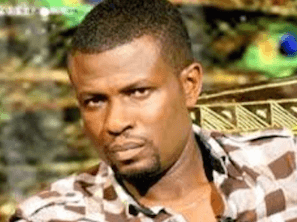
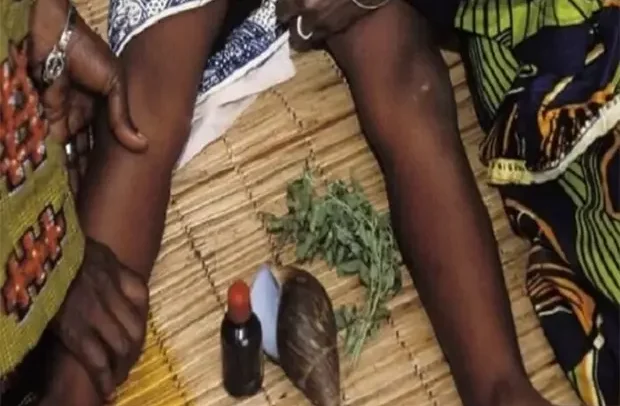



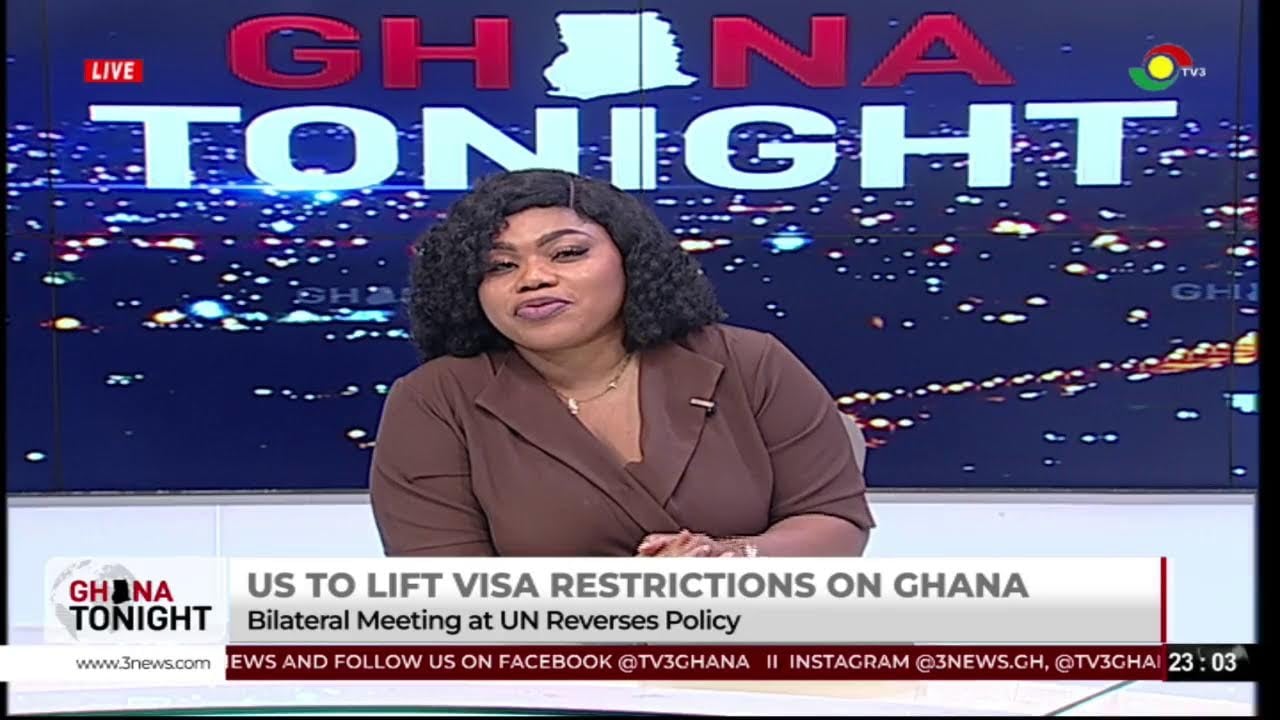



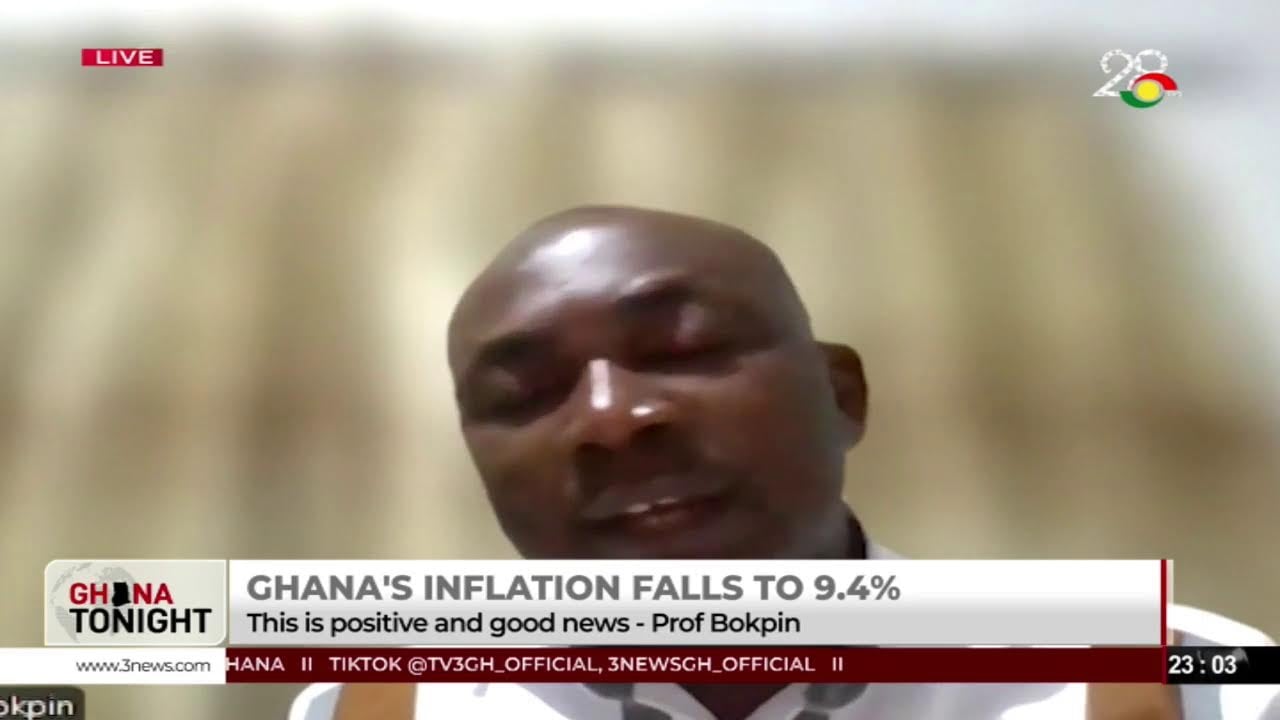


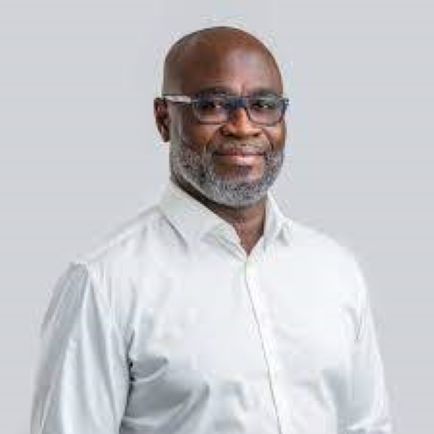
Facebook
Twitter
Pinterest
Instagram
Google+
YouTube
LinkedIn
RSS